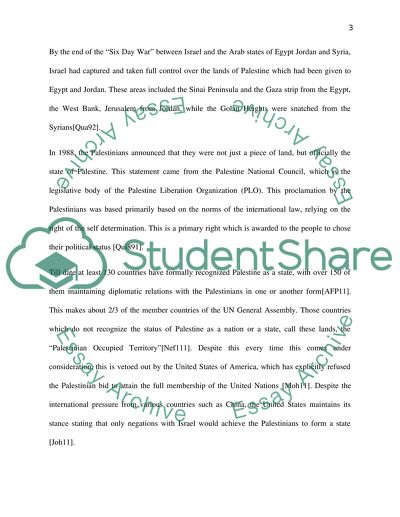Cite this document
(“Palestinian Statehood Research Paper Example | Topics and Well Written Essays - 2000 words”, n.d.)
Palestinian Statehood Research Paper Example | Topics and Well Written Essays - 2000 words. Retrieved from https://studentshare.org/history/1490260-palestinian-statehood
Palestinian Statehood Research Paper Example | Topics and Well Written Essays - 2000 words. Retrieved from https://studentshare.org/history/1490260-palestinian-statehood
(Palestinian Statehood Research Paper Example | Topics and Well Written Essays - 2000 Words)
Palestinian Statehood Research Paper Example | Topics and Well Written Essays - 2000 Words. https://studentshare.org/history/1490260-palestinian-statehood.
Palestinian Statehood Research Paper Example | Topics and Well Written Essays - 2000 Words. https://studentshare.org/history/1490260-palestinian-statehood.
“Palestinian Statehood Research Paper Example | Topics and Well Written Essays - 2000 Words”, n.d. https://studentshare.org/history/1490260-palestinian-statehood.


